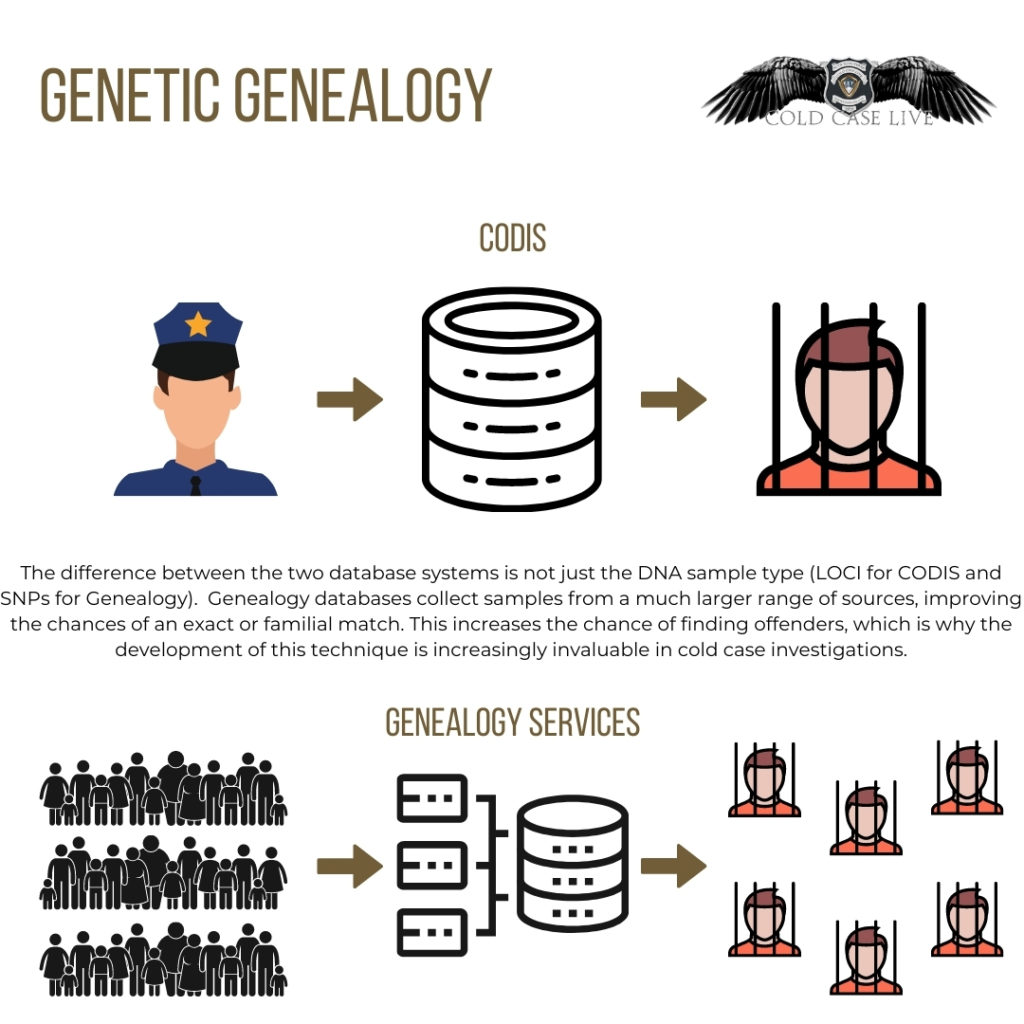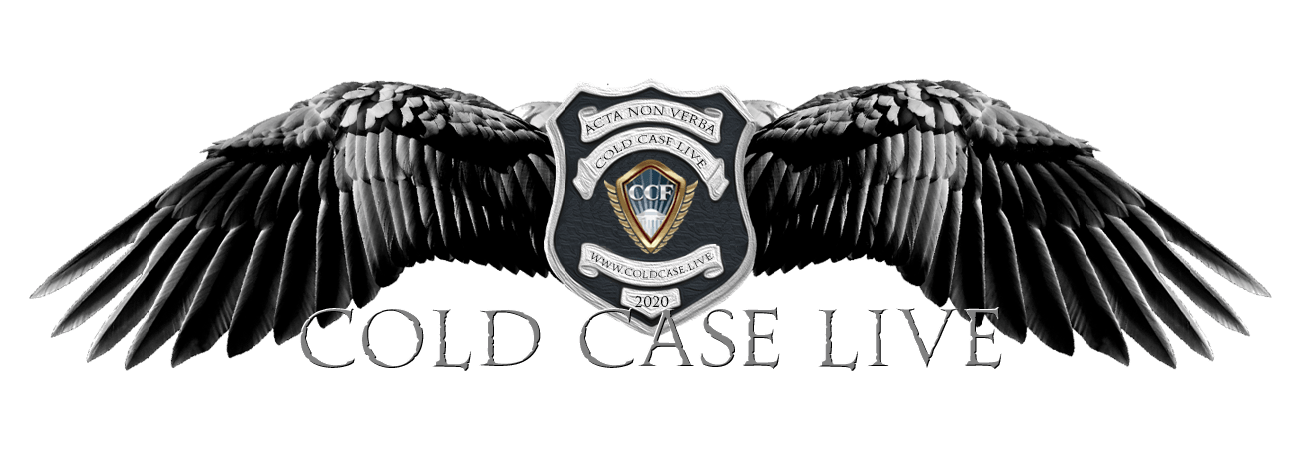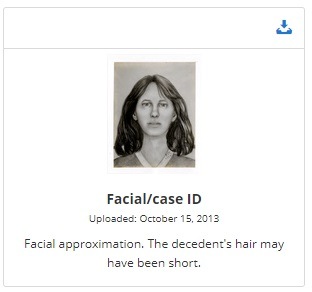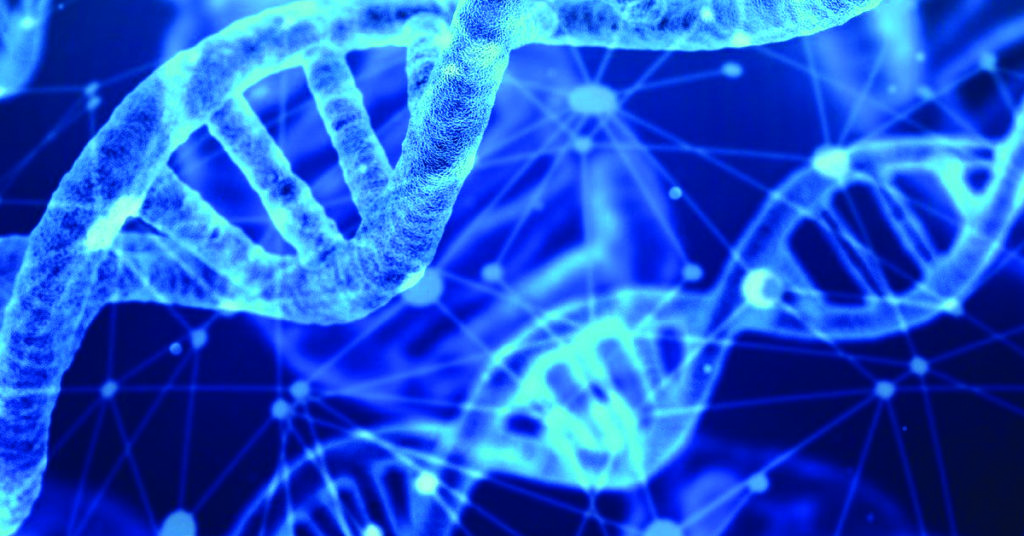
Genealogy Explainer
Welcome to this short explainer on genetic genealogy.
CODIS is the “Combined DNA Index System.”
Agencies obtain a DNA profile from a victim, from a piece of evidence, or a suspect and these are compared to samples held in CODIS to see if there is a match.
The collection and entry of samples did not become commonplace until the 90s and there are lots of prisoners whose details were never recorded, so the database is not complete.
There are now lots of public databases – such as Ancestry.com.
These databases use a slightly different type of DNA sample, called snips. This is the same method which can also provide pheenotyping, which can tell us eye and hair colour for example.
Authorities can search these genealogical databases, looking for matches which are not held in CODIS.
This is a very useful tool, and led to the capture of the Golden State Killer when his previously unmatched CODIS samples were fed into GEDmatch and a close relative was identified, leading to his arrest and conviction.
Genetic genealogy is a powerful and exciting development.
Stay safe!

If you are not already a member, join Cold Case Live today to directly support the ongoing casework of the Cold Case Foundation and to help us develop this vital resource in the fight against serious crime.



Responses